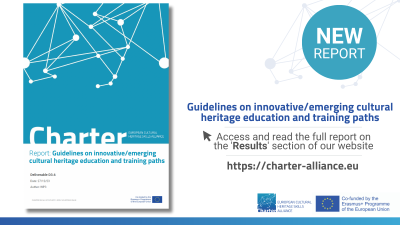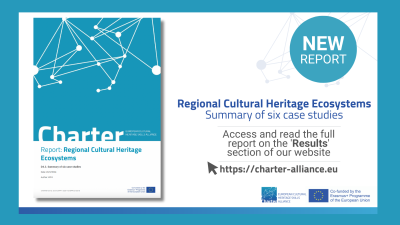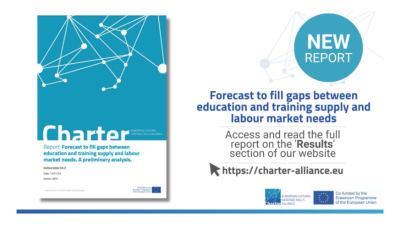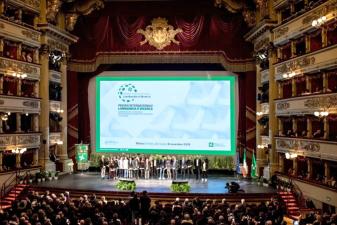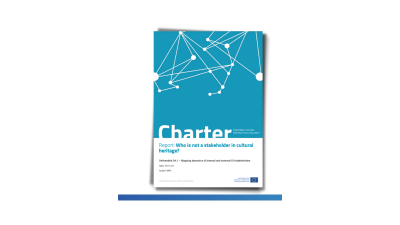
Lombardy Region, situated in the North-West of Italy, is strategically located on principal European axes and is one of the leading regions both at the national and European level. Lombardy has a population of around 10 million inhabitants and a very competitive economic performance, with a GDP (PPS/inhabitant) which amounted to €39,700 in 2019 and an employment rate (20-64 years) of 73,4%. The regional economy is characterised by a wide variety of industries, ranging from traditional sectors to heavy and light industries. The production system is one of the most developed in Italy and Europe, with a strong presence of SMEs, except for a few very large firms. Entrepreneurship in Lombardy is thus widespread and dynamic, showing an international trend towards innovation, development, and technology. Lombardy also leads the way with a solid academic system of 14 high-quality universities as well as several public and private research centres with outstanding competence and international relevance. In such a context, the engagement of Lombardy in supporting R&D investments is intense and highly relevant. Innovation is indeed a distinguishing element of the region’s activities, being a driving force to ensure a competitive and modern socio-economic development.
Contact detail
-
Head of office
-
Contact person
-
Brussels Office Address
Place du Champ De Mars, 1/3
1050 Brussels
Belgium -
Regional Address
Piazza Città di Lombardia 1
20124 Milano MI
Italy

S3 Strategy
The Smart Specialisation Strategy 2021‐27 confirms its “integrated trajectory” to foster regional development in the framework of the new EU Cohesion Policy, with the final objective of delivering a more targeted ERDF support and harnessing the potential for smart growth in the Lombardy region, focusing on key R&I priorities and building upon regional competitive strengths. Being also deeply influenced by the recovery orientations as emerged after the Covid-19 crisis, the new RIS3 outlines key strategic assets, resources, and priorities to lead future regional investments in R&I as well as in favour of industrial modernisation and technology transfer. In such a framework, the promotion of digital transition and sustainable development, along with the strengthening of regional resilience and its capacity to adapt to rapid socio-economic changes, represent the two main trajectories of action. The regional approach focuses on the identification of the main challenges to face in the coming years by concretely addressing eight innovation ecosystems, firmly keeping the citizens and their needs at the core. The resources will be concentrated on strategic projects supporting innovation processes in traditional sectors and the development of technological clusters so to help businesses to find strategic opportunities and provide new solutions for citizens.
Strategic R&I Projects
Latest Tweets
Latest Tweets
Latest Updates
- By Astrid Hannes
CHARTER Alliance presents the 8 education and training pathways and curricula for the future of cultural heritage
CHARTER, the European Skills Alliance for Cultural Heritage, presents eight innovative and emerging training pathways for the future of the cultural heritage sector. The full report contains information for Education and Training providers, ranging from EQF level 3 to 8, to innovate their Education and Training offer. It highlights examples of emerging occupations and professional profiles, learning outcomes, and recommended curricula outlines.
- By Astrid Hannes
How is cultural heritage integrated into regional development? CHARTER Alliance publishes new report on six regional case studies conducted by ERRIN
CHARTER, the European Cultural Heritage Skills Alliance funded by Erasmus+, has released a new report showcasing findings and conclusions from six regional case studies conducted by ERRIN members in the Basque Country (Spain), Sibiu (Romania), Bremen (Germany), Alentejo (Portugal), Tuscany (Italy), and Västra Götaland (Sweden) in 2021-2023. The report synthesises how skills for cultural heritage are integrated into regional development policies and strategies, examining sector-integrated dynamics within these regional ecosystems. The report provides recommendations for developing long-term regional skills policies, enhancing skills governance and strengthening skills intelligence at the regional level through data-driven policies.
- By Astrid Hannes
New CHARTER Report: Forecast to fill gap in Heritage Education and Training
In its new report, "Forecast to fill gaps in Heritage Education and Training", the CHARTER EU Alliance delves into the gaps and needs of Cultural Heritage professionals in Europe. This report maps the main challenges for professional development in heritage, encompassing technology, sustainable development, professional collaboration, public administration, diversity, funding, social uses, knowledge transfer, occupation coding, and skills description.
- By Leonardo Lorusso
Project proposal LIFE "Clean Energy technology" - regions sought
A LIFE consortium is seeking regions for a project that will model and pilot the first European network of regions and businesses dedicated to advancing energy efficiency. The call strand is "Technical support for plans and strategies for transition to clean energy in municipalities and regions" with a deadline of 16 November.
- By Roberta Negriolli
6th edition of the International Prize "Lombardy is Research" - €1 million award
The Lombardy Region General Directorate for Research & Innovation has launched the sixth edition of the International Prize "Lombardy is Research", the €1 million award promoted by the Lombardy Region for a discovery deemed particularly significant by an international jury. Applications for the Prize are open until 31 May 2023.
- By Astrid Hannes
CHARTER Alliance releases a new report on cultural heritage stakeholders’ roles and dynamics
CHARTER Alliance publishes a new report mapping cultural heritage stakeholders, looking at cultural heritage as an economic sector and labour market with interacting stakeholders in anticipated roles, whose dynamics, skills and competencies will affect the quality of heritage as a resource and common good.
